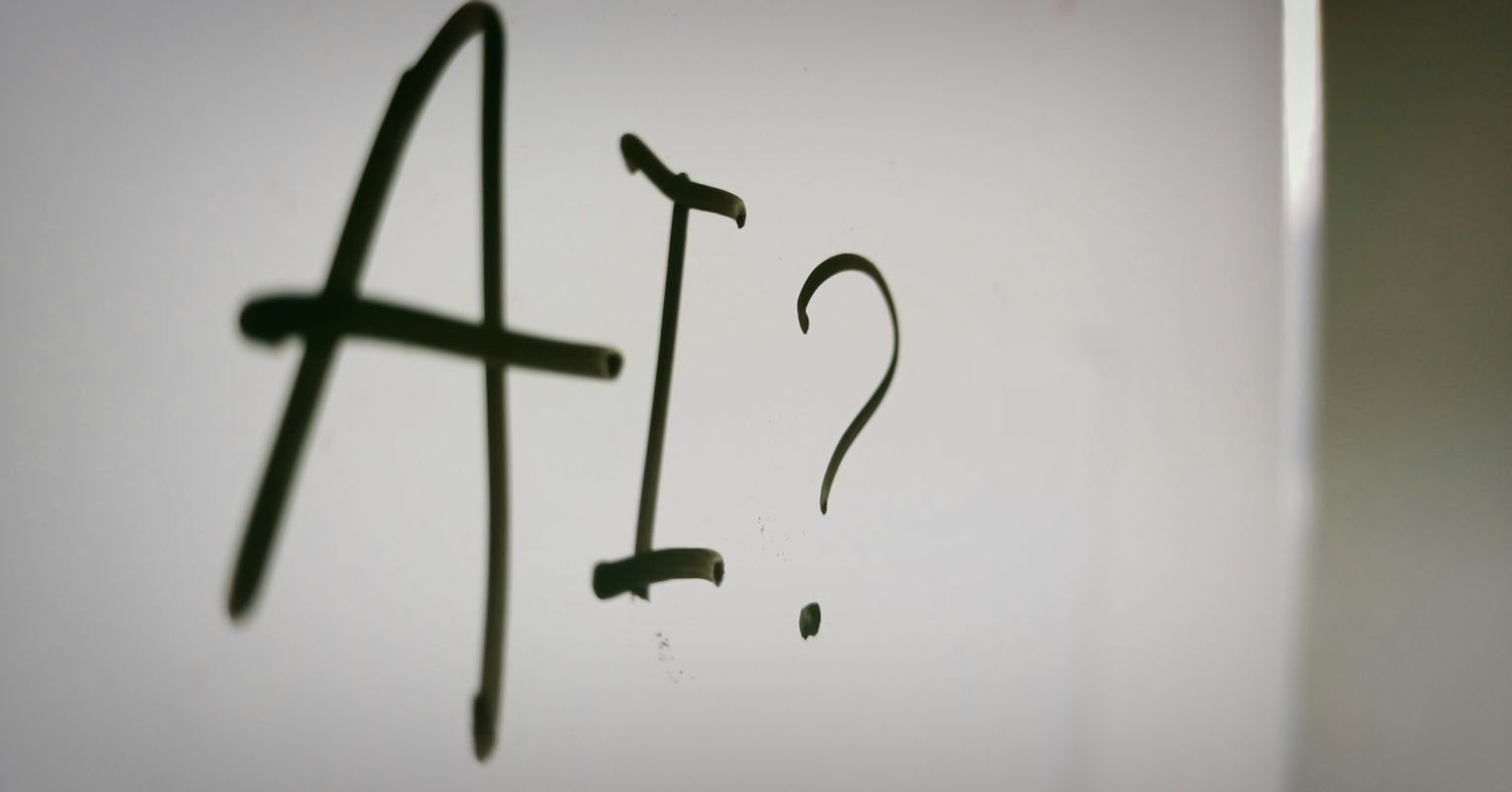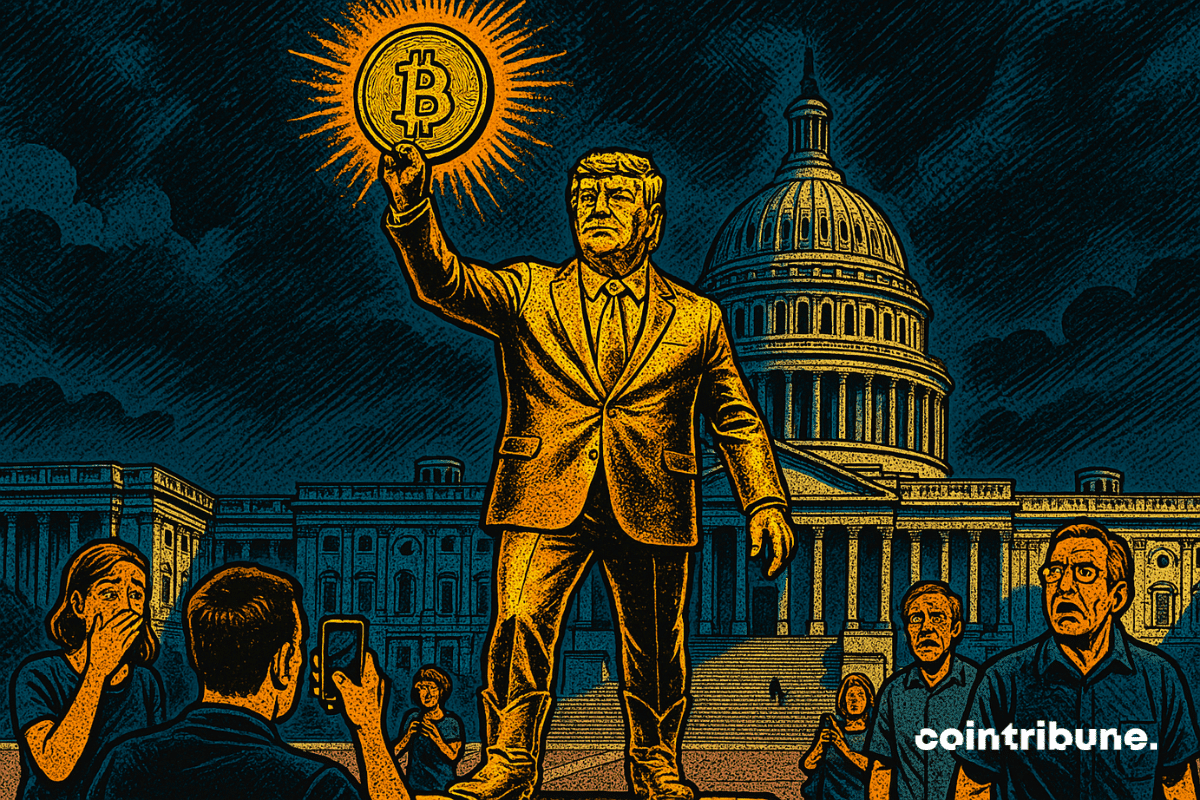After three decades of college teaching, you’d think I’d feel confident and at ease about this new school year, right?
Wrong.
With the advent of AI, I’m admittedly more at a loss than ever. It’s not just about puzzlement and uncertainty. It’s grief-filled. Deeply so.
The Hostile Grip of AI on Campus
Last semester, I felt like I was hit with a tsunami of dishonesty from students. It was enraging, yes, but more than that, it was thoroughly demoralizing. Just as tsunamis are erosive and generate debris that’s thoroughly destructive to the natural environment and communities we inhabit, students’ use of AI, coupled with their adamant denial of using it, is devastating to the landscape of higher education. AI ravages trust and creates an adversarial relationship between students and teachers.
I have a good number of former students with whom I enjoy a deep friendship. I have hundreds more who’ve remained in touch with me, and it delights me to no end to hear from them with career and life updates. When students reach out to thank me, I never tire of hearing these things on repeat: that in my classes, they learned to write, that they had to turn in solid, meaningful papers with original ideas, and that they discovered their own unique voice.
Though there are many things that have changed about the college experience, one thing that has remained the same is that college is a rite of passage. This formative time for honing one’s individuality is greatly compromised by the hyper-reliance on technology, where students are trying to look and sound like everyone else, and through AI, where their papers are not only formulaic, hollow, and flattened, but also more often than not, simply incorrect.
At its core, AI is predatory. Not only is it reliant on, and exploitative of, real authors’ creative talents, it’s also preying on the environment and on people’s fears. Students feel wobbly and scared to articulate their own thoughts and use AI to craft personal reflections.
Just this week, I deleted a student’s post on an online discussion board because it was riddled with AI and was completely incorrect, including passages from the book that don’t even exist. When I spoke with her about it, she tried to deny using AI and said she was simply using a grammar app and that she wanted her post to “sound a little more professional.” This was my reply to her: “The problem is that the mistakes aren’t about grammar. The mistakes are the quotations that aren’t real, and there are no page numbers also. Please be sure not to try anything like this on your paper. It won’t work. Stuff like this does not come off as professional at all. Really wanting to hear only your voice. I understand that students sometimes resort to this when they feel afraid to write, but actually, it’s counterproductive. I hope you understand that I want you to succeed and you have to do it using your own brain. Please let me know if you want to talk further. I’m always happy to help.”
All over my newsfeed are articles about the ways we should fold AI into not just our work lives but also our home and personal lives. I think to myself, what’s the point of being a person anymore? What’s humanity all about anyway? I can only imagine that if I were a student in college, these pressing questions would be that much more amplified.
The Students Are Watching
A fabulous student, Gracie, texted me over the summer saying she can’t believe school starts again so soon and that she cannot wait to graduate. I reminded her that she just finished sophomore year and to resist rushing it all, that this is a special time, that there’s magic to college. And then she shared with me the sense of hopelessness she feels not only about the state of the world but also about too many of her classmates who can’t think for themselves.
Gracie is the same student who last fall told me she was relieved I simultaneously didn’t require attendance and prohibited phones in class. The best students like Gracie see what I’m trying to do—to help them develop the confidence to be in hard conversations and ask questions without getting lost scrolling. It’s a kind of resocialization.
Students are watching as universities wax on about academic integrity while scurrying around to be the institution outpacing others in how they’re handling AI, requiring it, and buying into it. It’s akin to having to listen to older adults preach about developing a healthy sexuality and then discovering their porn addiction. In both situations, there’s objectification, alienation, and an absence of authentic creativity. If you reduce it all to an empty charade, it becomes one.
Locating Answers, Creativity, and Hope
This is a generation of college students with the most to lose as they’ve come of age amidst the pandemic, screen reliance, society’s disdain for higher education, and a divisive political and technological environment that preys on their inability to sort out fact from fiction. They have everything to gain from pausing, reflecting, and struggling, and from not relying on pushing a button for instantaneous results. From this, they can learn powerful lessons about discernment.
Academic Problems and Skills Essential Reads
People are using AI to make their work sound like something else. This is what happens when living in a land of filters. Sometimes we need the raw, fleshy original. Writing is about coming to learn what we think and know. AI dislodges process, pushing students to wrongly believe that thinking, learning, writing, and questioning are outwardly driven pursuits.
In my new book, The Complete U, I refer to college as a hope structure. By this, I mean it’s where and when students learn ways to locate and cultivate hope in themselves and their future. The whole point of college is for students to find answers on their own and within themselves. AI dislodges hope. We can’t let it.










